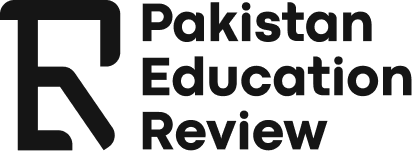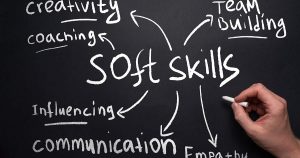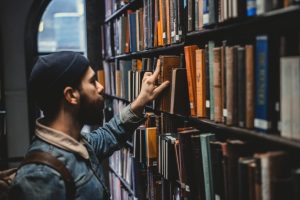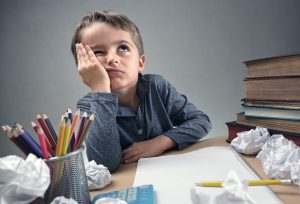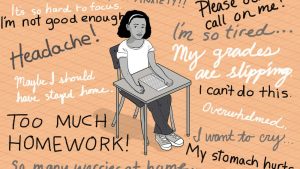The rapid integration of digital technologies often overshadows the role of school libraries. However, the significance of a well-equipped and vibrant library cannot be overstated, particularly when fostering a culture of reading among students. In Pakistan, school libraries face considerable challenges, hindering their effectiveness in developing a reading culture and providing essential resources for students. The current scenario is marked by limited training for librarians, outdated systems, financial constraints, and a shortage of quality local publications. This article explores the significant need to revive school libraries in Pakistan, highlighting the diverse challenges and suggesting development strategies.
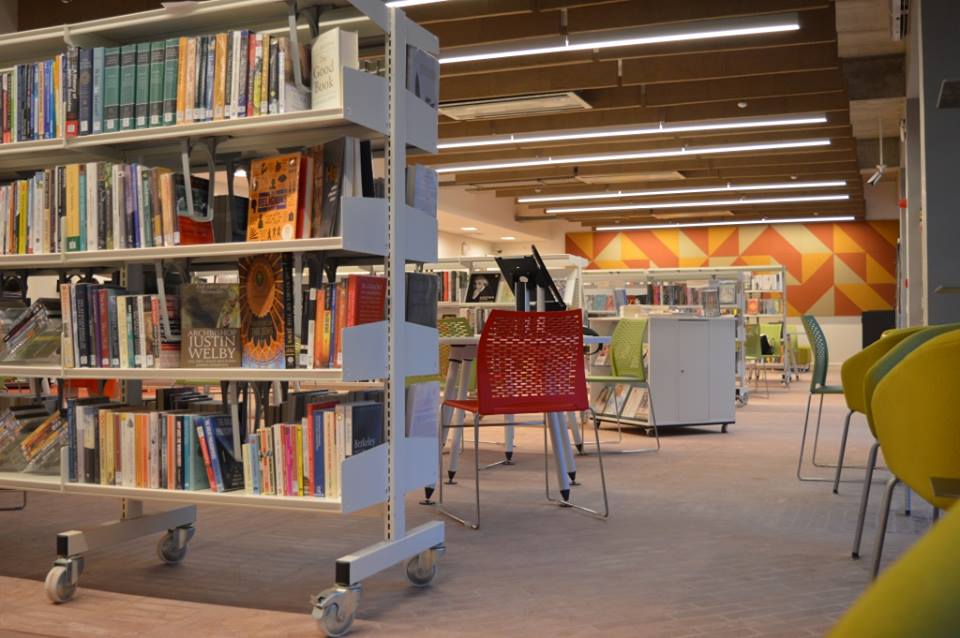
The Role of School Libraries
A school library is a treasure of knowledge, imagination, and inspiration. Beyond serving as a repository of books, a vibrant library becomes a hub for intellectual exploration and personal development. Research by Acer shows a positive correlation between access to well-stocked libraries and individuals’ academic achievement, cognitive skills, and overall literacy rates.

School Libraries in Pakistan
The status of school libraries in Pakistan varies, with government schools often facing more challenges than private ones. Many government school libraries are outdated and lack trained librarians. There is a notable absence of Internet and computer facilities in these libraries. While efforts have been made through the National Education Policy to improve school libraries, the progress is quite slow. Additionally, insufficient investment in library infrastructure, including physical space and updated book collections, remains a significant issue, impacting the promotion of a reading culture in schools.
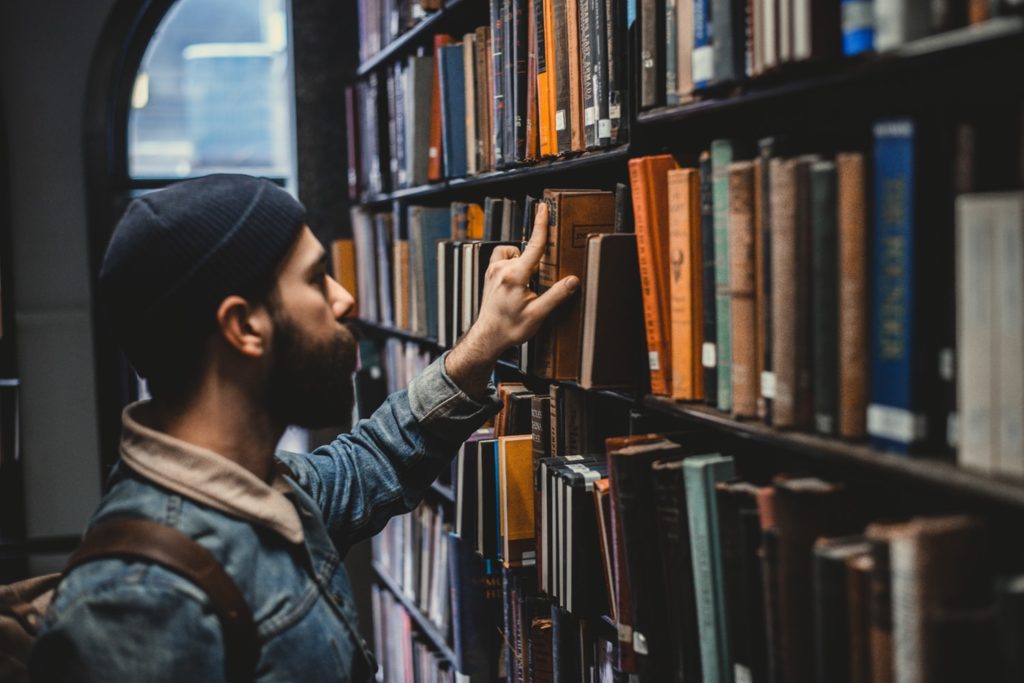
Challenges Faced by School Libraries
School libraries in Pakistan struggle with numerous challenges that hinder their effective functioning. The scarcity of universities offering courses in librarianship leaves many school librarians without essential training. As a result, the deficiency in qualified librarians results in difficulties in implementing efficient systems and procedures. Moreover, lacking expertise contributes to organizational challenges, where librarians struggle with overly complex or inadequate cataloging and shelving processes.
The absence of automated systems and basic search mechanisms in many school libraries creates a resistance towards embracing technology. Book procurement poses a significant hurdle, with problems in importing books from other countries due to high costs and shipping complexities. Some vendors refuse to ship to Pakistan, and customs issues impede the smooth flow of books into the country.
Furthermore, limited local publishing in Pakistan adds to the strain on school budgets, with the cost of imported books equivalent to U.S. retail prices. This financial strain has led to the emergence of a pirated book trade, compromising the overall quality of library collections.
Benefits of Revitalizing School Libraries
School libraries boost academic performance by offering curated resources, nurturing critical thinking, and inculcating a love for lifelong learning. They are correlated with enhanced academic performance, providing students with authentic resources across various disciplines. Additionally, they play a crucial role in preparing them for the digital age by integrating technology, thus providing them with the necessary skills to navigate the digital world effectively.
Recommendations
Reviving school libraries in Pakistan requires a concerted effort. Here are some key strategies:
- Enhanced Librarian Training:
Increase the availability of librarian training programs and courses, ensuring that librarians have the necessary skills for effective library management.
- Modernization of Systems:
Encourage the adoption of automated library systems and basic cataloging tools to streamline processes and enhance accessibility for students.
- Financial Support for Collections:
Allocate budgets for diverse and culturally relevant book collections. Encourage collaboration between school administrators and librarians for better collection development.
- Promoting Local Publishing:
Support initiatives that promote local publishing in Urdu and other regional languages. This can contribute to more affordable and culturally relevant materials.
- Digital Literacy Programs:
Implement digital literacy programs for librarians and students to navigate online resources effectively. Consider providing e-devices with pre-loaded educational content to overcome internet access challenges. - Community Involvement:
Engage parents and instructors in fostering a reading culture. Encourage regular library visits and assign tasks that involve the utilization of library resources.
Government Initiatives:
Advocate for government initiatives to upgrade libraries in middle and high schools. Support policies that provide IT facilities, training, and resources for librarians.
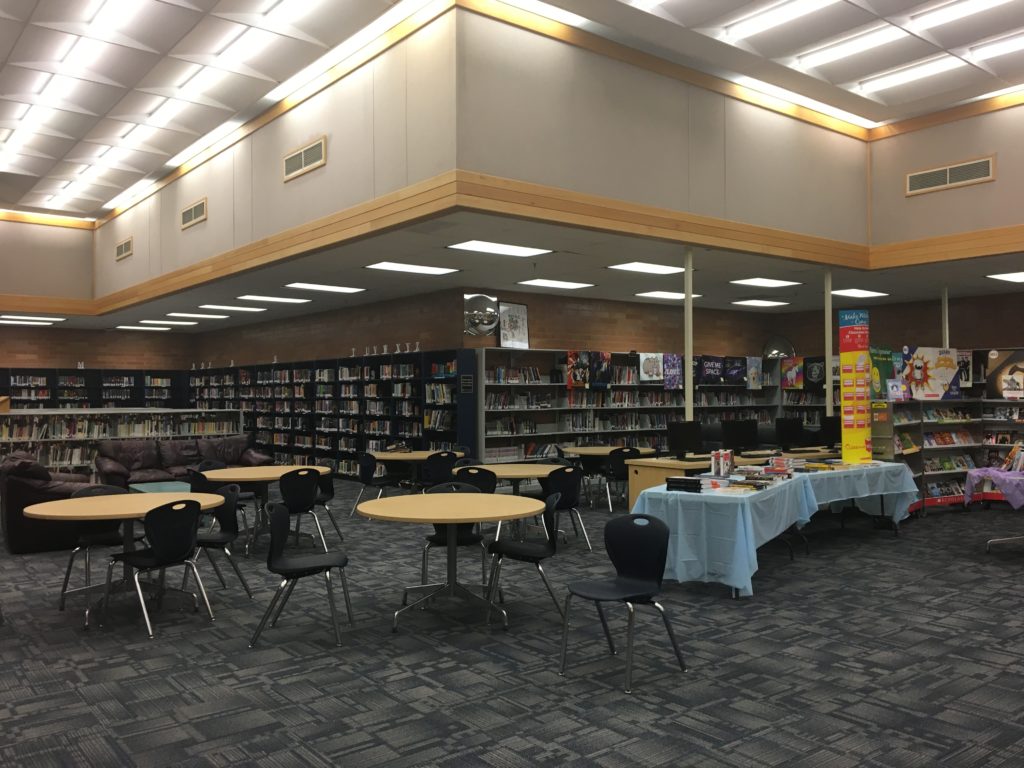
Empowering Tomorrow’s Minds
Revitalizing school libraries in Pakistan is necessary for preserving tradition and investing in the intellectual growth and future of the younger generation. By addressing the challenges and embracing innovative solutions, we can ensure that school libraries play a significant role in shaping the reading habits of students and nurturing their lifelong journey of learning and personal growth.
Disclaimer: Any opinions expressed in this article do not necessarily reflect the opinions of the Pakistan Education Review. This content is meant for informational purposes only.
